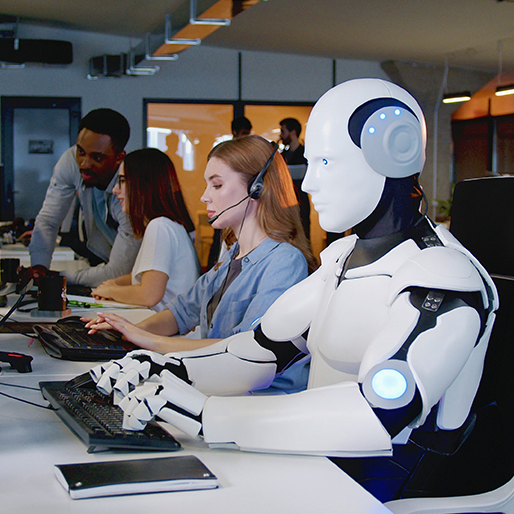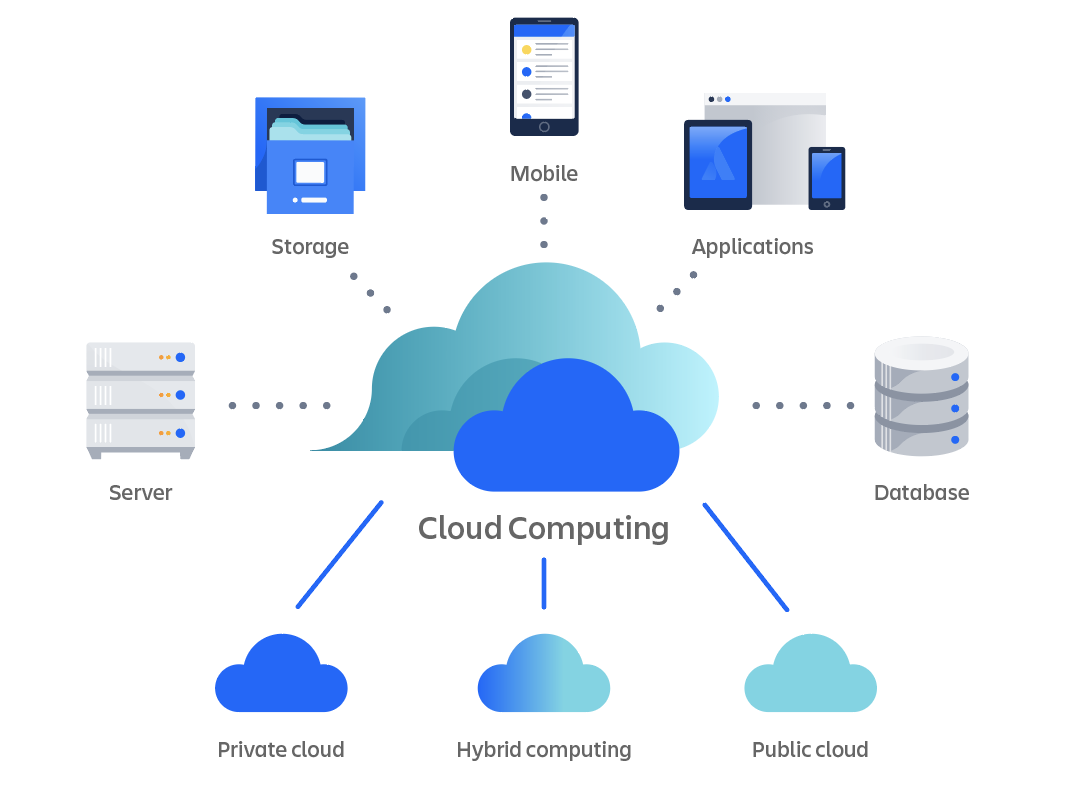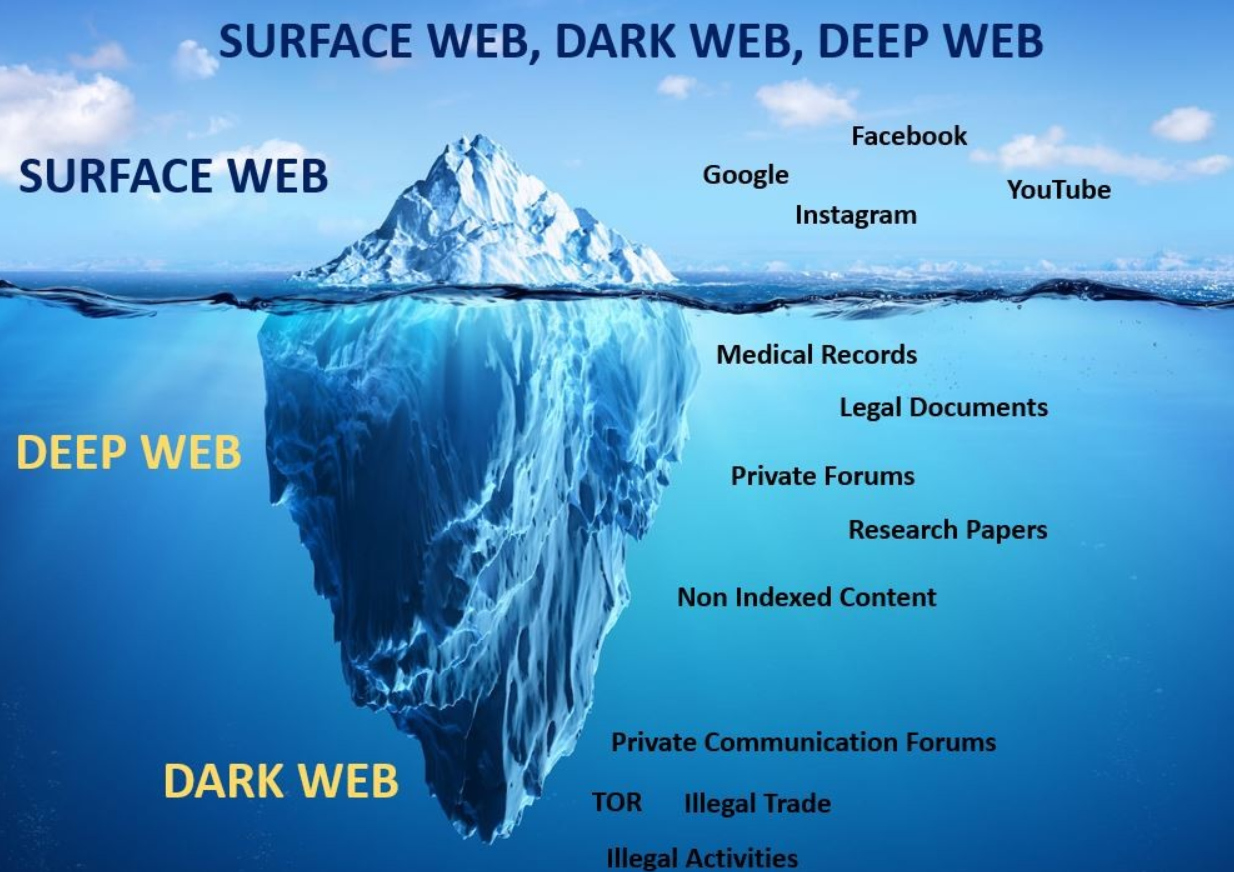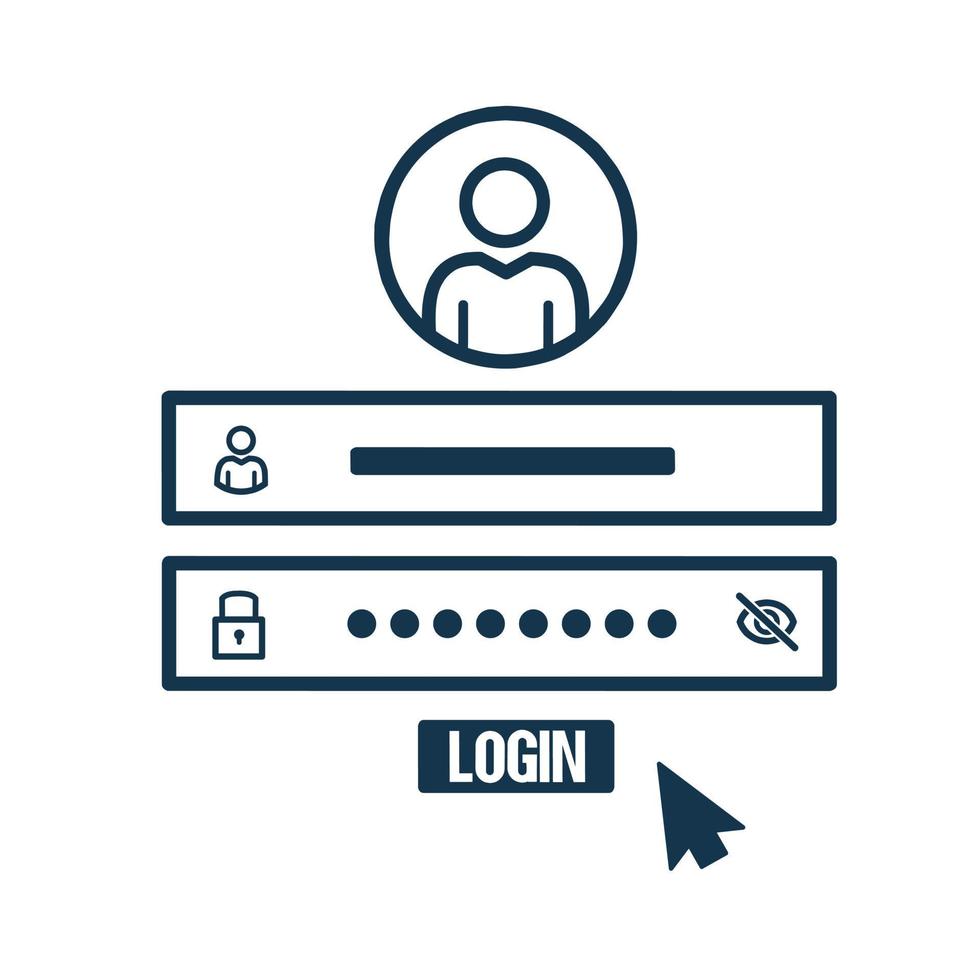
A Story of Two Coders
It’s a cold Monday morning. John, a software developer, sips his coffee as he opens his laptop. He has been coding for years and takes pride in his work. His friend, Alex, walks in excitedly.
“John, you won’t believe this! I just built a full website in 10 minutes using AI!”
John laughs. “Come on, Alex. That’s impossible. Real coding takes hours, even days.”
“Not anymore,” Alex says, showing John an AI-powered tool that generates code from simple text instructions. Within seconds, a working website appears.
John frowns. “Wait… does this mean AI is taking over our jobs?”
This question isn’t just on John’s mind. Around the world, developers, students, and tech lovers are wondering:
Is AI-powered coding the future, or is it just a passing trend?
Let’s break it down.
AI Coding: Magic or Just Automation?
Imagine you need to build an app. Traditionally, you’d write every line of code manually. But now, AI tools like ChatGPT, GitHub Copilot, and Replit Ghostwriter can write code for you.
Instead of typing:
function add(a, b) {
return a + b;
}
You can just say, “Write a function that adds two numbers,” and AI does it.
Sounds like magic, right? But is it really?
AI doesn’t think like humans. It doesn’t understand the why behind the code—it predicts based on patterns. It’s like a super-fast assistant who has read millions of coding books but has never created something on its own.
What AI Can Do (And Does Well)
✅ Write basic and repetitive code
✅ Help developers debug and fix errors
✅ Suggest optimizations
✅ Generate entire projects based on instructions
What AI Struggles With
❌ Understanding the bigger picture of a project
❌ Writing highly optimized or creative algorithms
❌ Making complex architecture decisions
❌ Handling security and ethical concerns
So, AI can assist in coding, but does that mean programmers are becoming useless?
The Fear of Job Loss: Will AI Replace Developers?
John, still staring at Alex’s AI-generated website, asks the big question:
“If AI can write code, what will happen to developers like me?”
This fear is real. Every time new technology arrives, people worry about losing jobs. But history tells a different story.
- When ATMs were invented, people thought bank jobs would disappear. Instead, banking expanded, creating new jobs.
- When Photoshop arrived, people feared artists would no longer be needed. Instead, digital design became a massive industry.
AI in coding is like a powerful tool, not a replacement.
Think of a construction worker. AI is like a power drill—it makes the job easier and faster, but you still need the worker to design, plan, and build.
Developers who embrace AI will be in high demand. Instead of writing every single line, they will focus on problem-solving, innovation, and creativity.
The Future: How Will AI Change Coding?
Let’s fast-forward 10 years.
- A high school student, who doesn’t know coding, builds an app by simply describing it to an AI assistant.
- Companies use AI to speed up development, but expert programmers still review, refine, and secure the code.
- New jobs emerge—AI trainers, AI auditors, and AI-enhanced developers.
Instead of killing coding jobs, AI will transform them.
Developers will go from coders to AI-powered engineers, using AI as a tool to build bigger, faster, and smarter applications.
So, Is AI Coding the Future or Just a Trend?
AI in coding isn’t just a trend—it’s a shift. Just like how calculators didn’t replace math but made calculations easier, AI won’t replace coding—it will make it more accessible.
John leans back and smiles. “So, I won’t lose my job, but I should start learning how to use AI, right?”
Alex nods. “Exactly. The future belongs to those who learn to work with AI, not fear it.”
So, if you’re a developer, student, or someone interested in tech, embrace AI, learn how it works, and use it to your advantage. The future of coding isn’t about humans vs. AI—it’s about humans + AI.
The choice is yours. Will you fear the change or lead it?



Leave a Reply